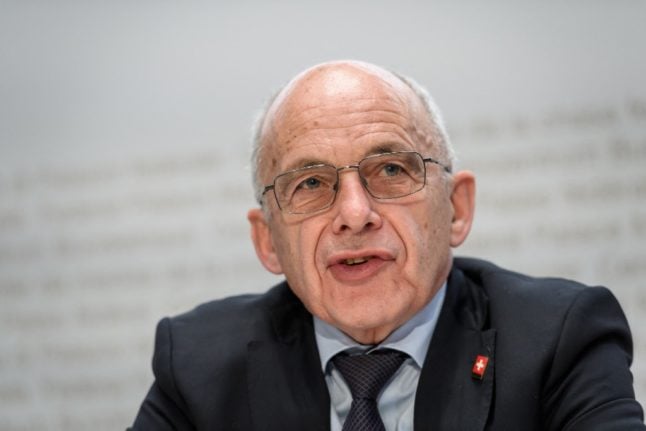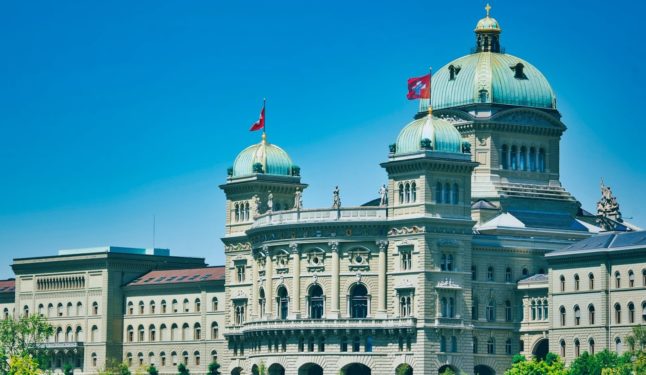He is the longest serving member of the Federal Council — Switzerland’s seven-member government — having been a member since January 2009. He has held the finance brief since January 2016 after seven years as the defence minister.
“I have been in politics for more than 40 years, 14 of them in the Federal Council. It is a fascinating task,” Maurer told a hastily arranged press conference.
However, “during the last year, I thought that I still have a lot of energy to do something else”, he said, announcing his resignation.
“I already have plans,” the Zurich father-of-six said, without revealing his intentions, adding that he was leaving “with one eye smiling and one eye crying”.
Maurer served twice as Switzerland’s president — which rotates annually among Federal Council members — in 2013 and 2019.
He chaired the Swiss People’s Party from 1996 to 2008. The right-wing, populist SVP has been Switzerland’s biggest party since 2003.
“Without Ueli Maurer, the SVP would never have become the country’s leading political force,” Le Temps newspaper said.
The Tages-Anzeiger daily said he was “one of the most versatile Swiss politicians of recent decades, unpredictable and agile”.
The election of his successor on the Federal Council is expected to take place on December 7. Ministers are elected by parliament.
The major parties share out the seven seats according to a so-called “magic formula” which has evolved over time.
The SVP, the centre-left Socialist Party and the centre-right Liberals have two ministers each, with the centre-right Centre party allocated one.
The left-wing Green Party hopes to secure a first-ever seat with a strong performance in the 2023 parliamentary elections.



 Please whitelist us to continue reading.
Please whitelist us to continue reading.
Member comments